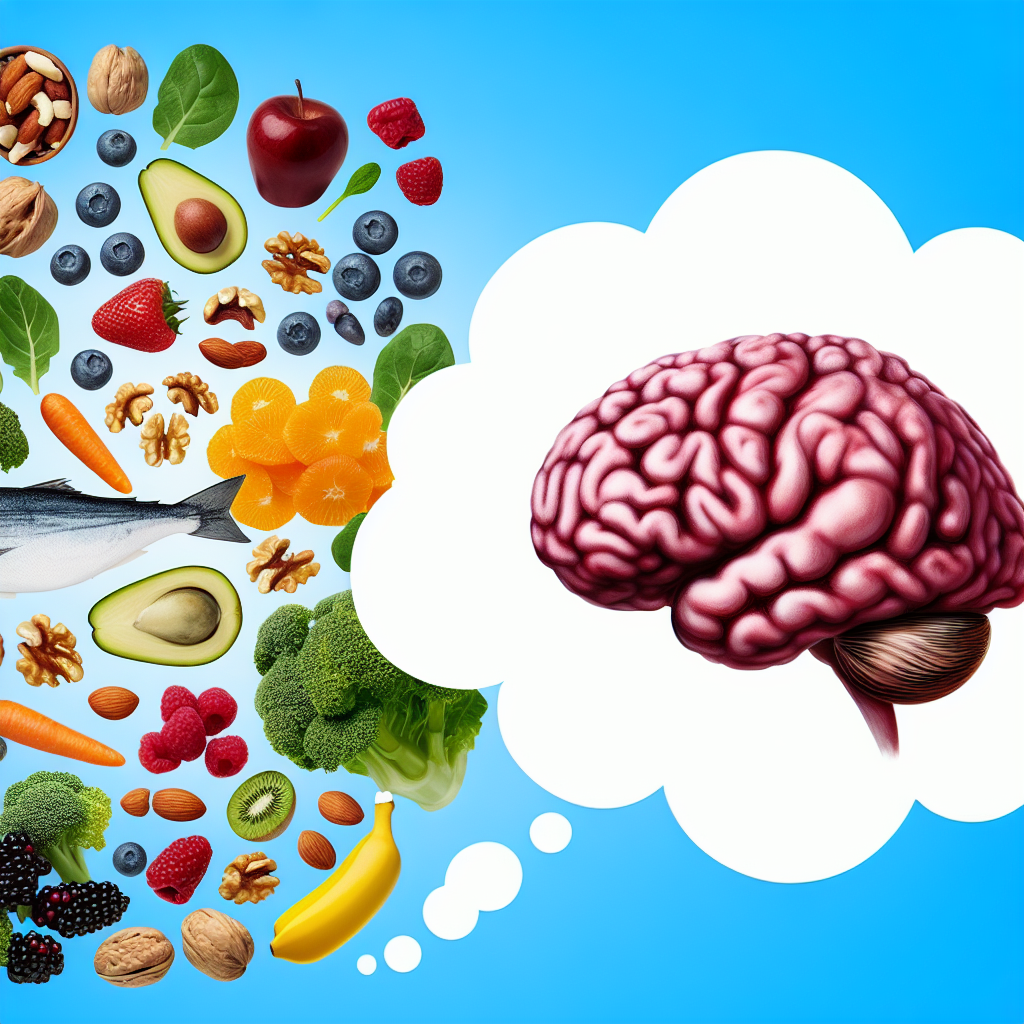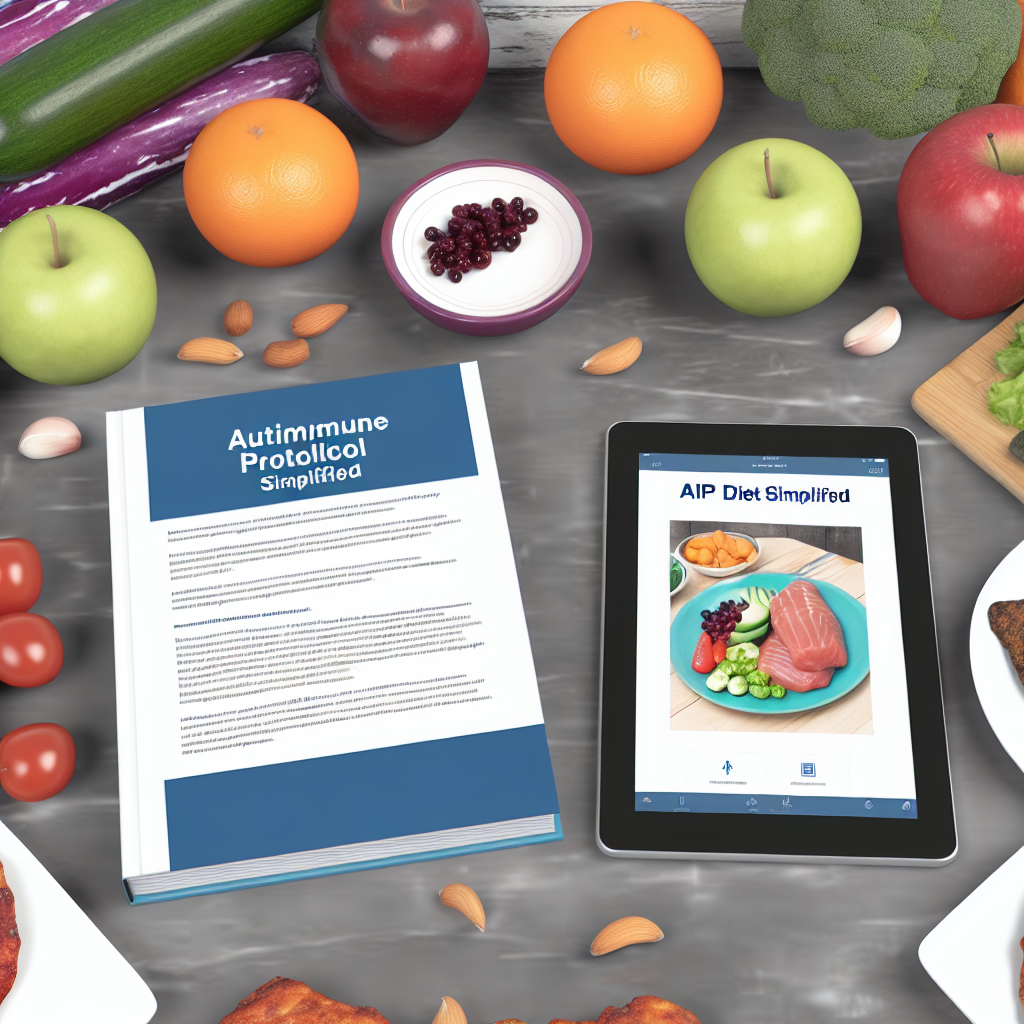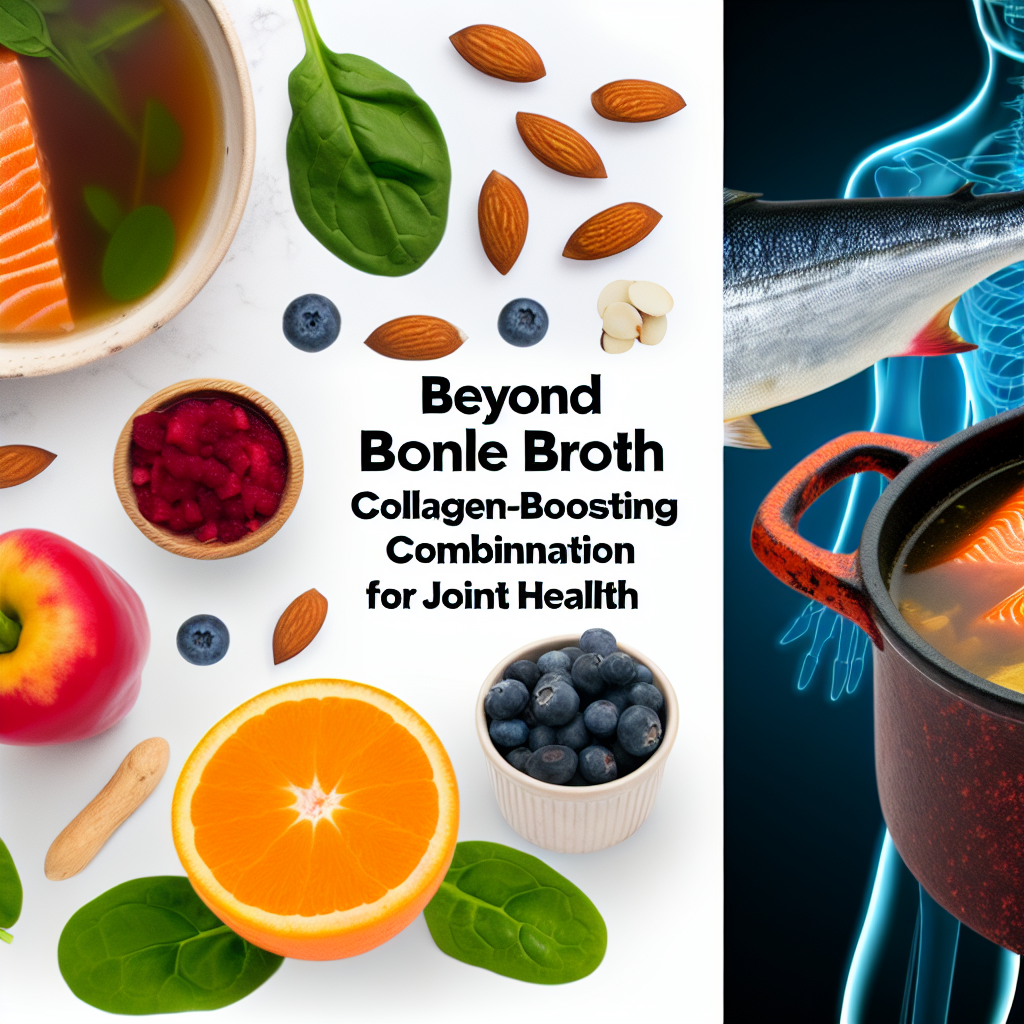Brain-Boosting Foods – Cognitive Enhancement Protocol
Introduction
In today’s fast-paced world, mental acuity is paramount. Whether you’re a student, a professional, or a senior, improving brain function is a universal goal. Emerging research and holistic practices now highlight the pivotal role of nutrition in supporting optimal brain health. Enter the realm of brain-boosting foods—natural, nutrient-dense ingredients known to support cognitive enhancement and mental clarity.
The brain, though it comprises only about 2% of body weight, consumes roughly 20% of our energy. It depends on a steady supply of oxygen and essential nutrients to thrive. Unfortunately, modern diets overloaded with processed foods, refined sugars, and artificial additives can diminish memory, attention span, and emotional well-being. Alternatively, diets rich in nutrient-dense, natural foods can promote neurogenesis (the growth of new neurons), reduce oxidative stress, and improve neurotransmitter efficacy.
Traditional medicine systems have long emphasized natural and homeopathic strategies for enhancing brain function. Foods and herbs such as turmeric, ginkgo biloba, omega-3 rich fish, and organic berries are time-honored remedies gaining new recognition in modern science. As clean and sustainable mental optimization protocols become popular, dietary intervention is becoming a cornerstone of performance and prevention.
This Cognitive Enhancement Protocol explores effective natural compounds that support optimal brain function. Merging ancient wisdom with cutting-edge science, it offers insights into how mindful eating not only enhances memory, focus, and mood, but also acts as a long-term defense against cognitive decline.
Scientific Features: Evidence-Based Benefits of Brain-Boosting Foods
Modern science increasingly validates the strong connection between diet and brain performance. Various nutrients and phytochemicals are known to improve memory, learning capacity, mood balance, and can even defend against age-related cognitive decline.
Omega-3 Fatty Acids, found in fatty fish such as salmon, mackerel, and sardines, are essential for maintaining brain cell structure. Studies, including one from the [Harvard T.H. Chan School of Public Health](https://www.hsph.harvard.edu/nutritionsource/omega-3-fats/), highlight how these essential fats help regulate neurotransmitters and reduce symptoms of depression and anxiety. A 2017 review in the journal [Nutrients](https://www.mdpi.com/2072-6643/9/10/1110) revealed that omega-3 supplements significantly enhance memory retention and cognitive processing, especially critical in older adults.
Blueberries are among the most effective antioxidant-rich fruits known to support brain health. Packed with flavonoids—especially anthocyanins—blueberries enhance the signaling between brain cells, especially in areas related to memory and learning. A clinical trial from [Frontiers in Aging Neuroscience](https://www.frontiersin.org/articles/10.3389/fnagi.2017.00788/full) found daily blueberry consumption improved memory function, attention span, and executive processes in older adults, making them a tasty and powerful brain aid.
Curcumin, the active compound in turmeric, offers robust anti-inflammatory and antioxidant neuroprotection. Curcumin boosts serotonin and dopamine levels, positively influencing mood and mental clarity. A study in the [American Journal of Geriatric Psychiatry](https://www.ncbi.nlm.nih.gov/pmc/articles/PMC5783796/) showed that participants taking daily curcumin over 18 months experienced improved memory performance and focus. Additionally, curcumin may reduce the accumulation of amyloid plaques, which are often associated with Alzheimer’s disease.
Green leafy vegetables—like spinach, kale, and collard greens—are high in essential nutrients including vitamin K, folate, lutein, and beta-carotene. These compounds are associated with slower rates of cognitive aging. A [Rush University Medical Center study](https://www.rush.edu/news/eating-green-leafy-vegetables-may-slow-brain-aging) discovered that individuals who consumed leafy green vegetables daily showed cognitive benchmarks equivalent to being 11 years younger than those who rarely ate them.
Ginkgo biloba is a time-honored botanical used in Chinese medicine to improve memory and treat symptoms of dementia. Its vasodilatory properties help boost blood flow to the brain. A meta-review in [Psychopharmacology](https://link.springer.com/article/10.1007/s00213-015-3897-z) concluded that ginkgo biloba extract improved cognition in individuals with Alzheimer’s disease, particularly at doses above 240 mg/day. When combined with other healthy practices, this herb potentiates the brain’s ability to perform under stress and with age.
In combination with lifestyle factors like regular physical activity, proper sleep, and meditation, these brain-supportive nutrients create a powerful synergy. This approach not only enhances day-to-day mental performance but also provides resilience against long-term neurodegeneration.
Conclusion
You don’t need synthetic pills to strengthen your mental function — just start with your plate. A diet that includes omega-3 rich fish, antioxidant fruits like blueberries, turmeric, and leafy greens offers a powerful, natural approach to improving brain health. These choices protect neural pathways, reduce inflammation, and enhance neurotransmitter function to keep your mind sharp.
By adopting a Cognitive Enhancement Protocol grounded in nutrition and homeopathic principles, anyone can take proactive steps toward mental well-being. Backed by scientific evidence, a thoughtful and nutrient-rich diet has the capacity to boost memory, concentration, emotional stability, and long-term cognitive durability.
For students aiming to concentrate, professionals seeking peak productivity, or seniors looking to delay cognitive aging, brain-boosting foods are vital allies. With nature as your foundation, better brain health is not just possible — it’s sustainable.
Concise Summary
A nutrient-rich diet is fundamental to optimal brain function. Brain-boosting foods such as fatty fish for omega-3s, blueberries, turmeric, leafy greens, and ginkgo biloba offer proven cognitive benefits, including improved memory, focus, and protection against age-related decline. Validated by modern science and rooted in homeopathy, these foods enhance mood, neurotransmitter balance, and brain resilience. Combined with healthy lifestyle practices, this approach forms a potent Cognitive Enhancement Protocol that empowers mental clarity and holistic brain health across all ages.
References
– [Harvard T.H. Chan School of Public Health: Omega-3 Fatty Acids](https://www.hsph.harvard.edu/nutritionsource/omega-3-fats/)
– [Nutrients Journal: Omega-3 Supplements and Brain Function](https://www.mdpi.com/2072-6643/9/10/1110)
– [Frontiers in Aging Neuroscience: Blueberries and Cognitive Performance](https://www.frontiersin.org/articles/10.3389/fnagi.2017.00788/full)
– [The American Journal of Geriatric Psychiatry: Curcumin and Memory](https://www.ncbi.nlm.nih.gov/pmc/articles/PMC5783796/)
– [Rush University Study: Leafy Greens and Cognitive Aging](https://www.rush.edu/news/eating-green-leafy-vegetables-may-slow-brain-aging)
– [Psychopharmacology Review: Ginkgo Biloba in Cognitive Health](https://link.springer.com/article/10.1007/s00213-015-3897-z)

Dominic E. is a passionate filmmaker navigating the exciting intersection of art and science. By day, he delves into the complexities of the human body as a full-time medical writer, meticulously translating intricate medical concepts into accessible and engaging narratives. By night, he explores the boundless realm of cinematic storytelling, crafting narratives that evoke emotion and challenge perspectives.
Film Student and Full-time Medical Writer for ContentVendor.com




